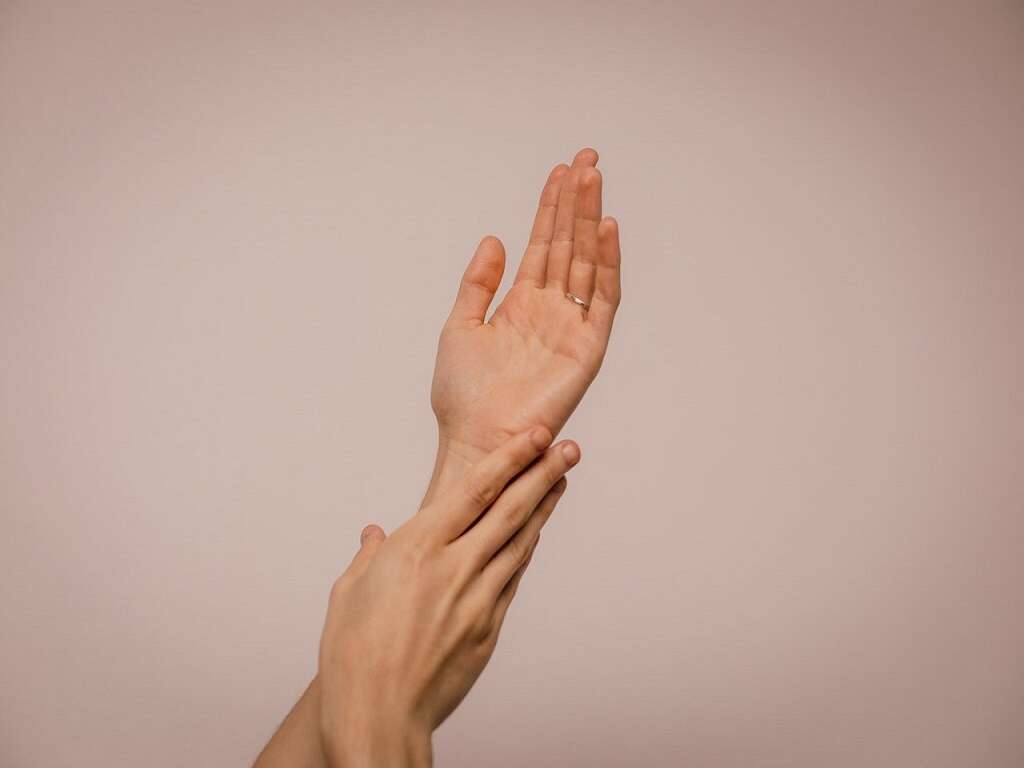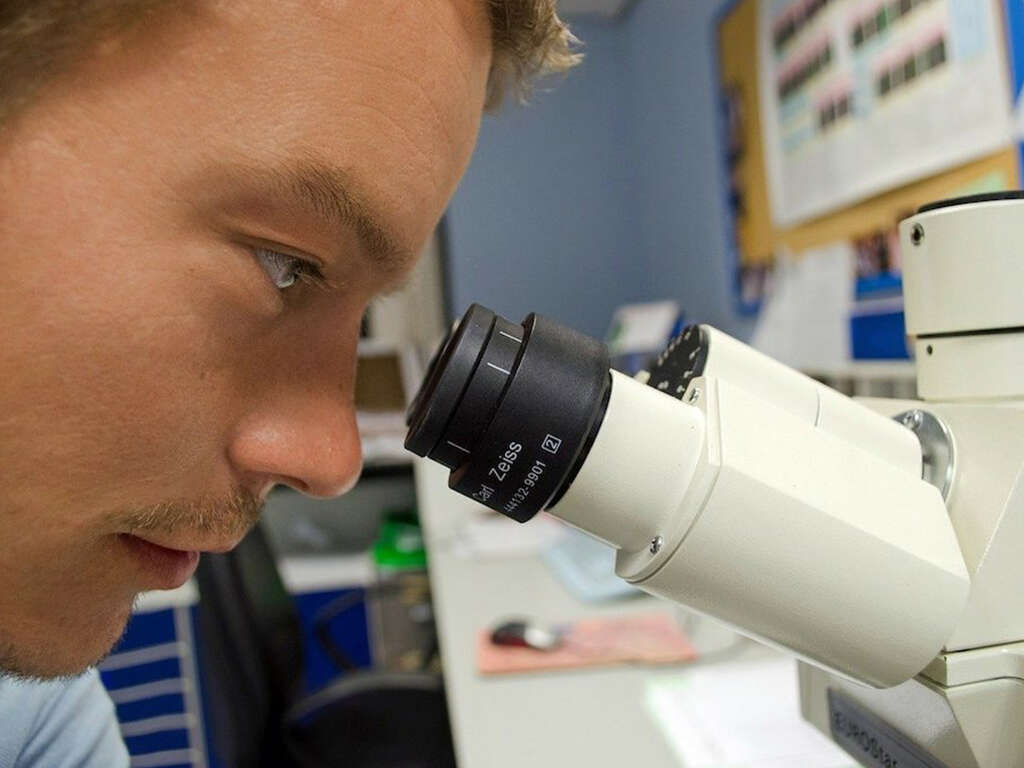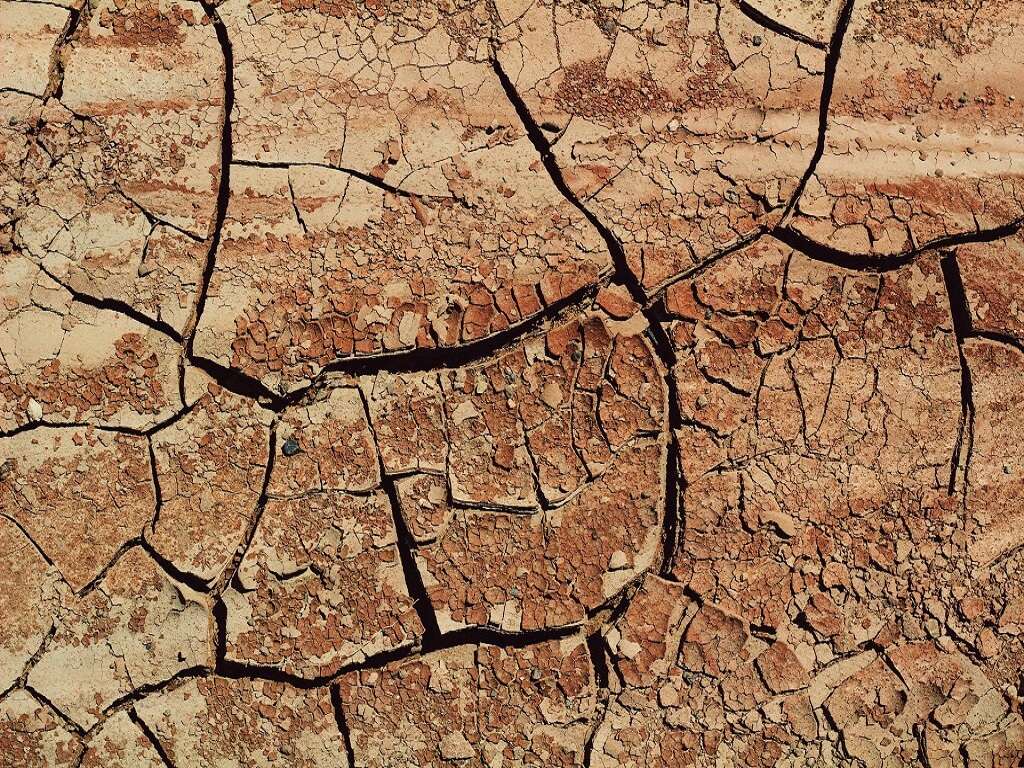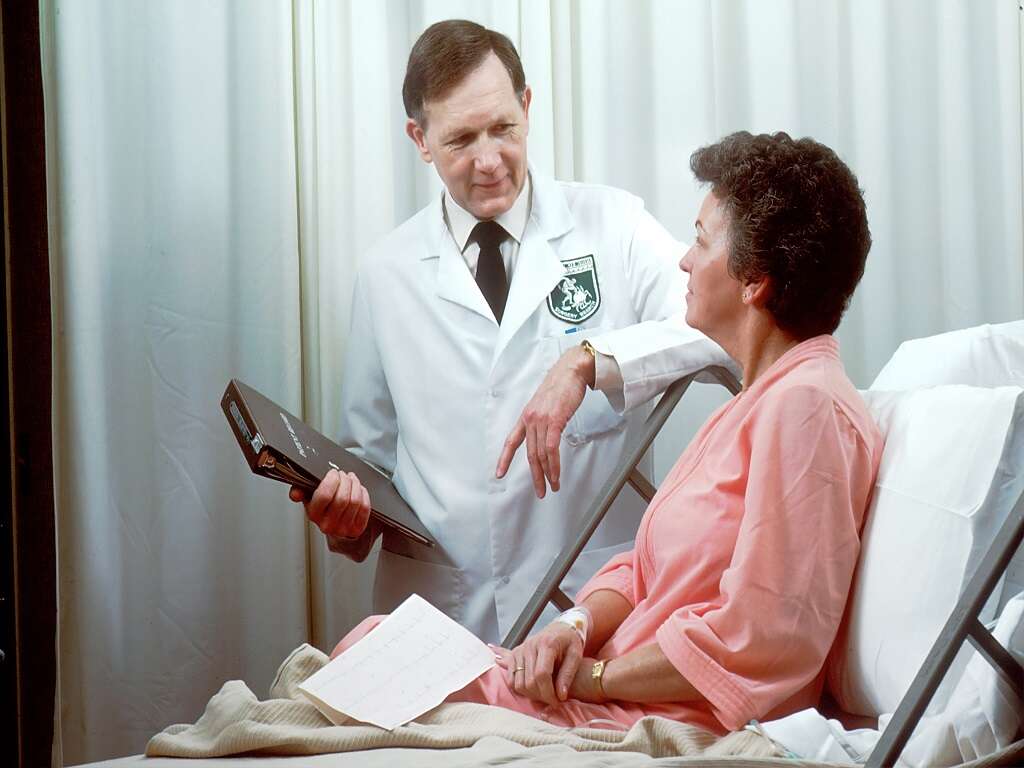Seborrheic Dermatitis Causes and Remedies
Our skin is exposed to the elements on a daily basis, so it is important to take care of it as much as we can. This obviously includes washing to help remove bacteria and other potentially harmful microbes, and it can also be important to protect the skin from the weather. Some people, though, develop skin conditions no matter how hard they try to prevent them.
Seborrheic dermatitis is a condition that causes red, itchy, flaky skin, particularly on the scalp. The exact cause is not known but there are certain factors that can trigger the condition or make it worse. There are various remedies available that can help decrease the severity or even make symptoms go away altogether.
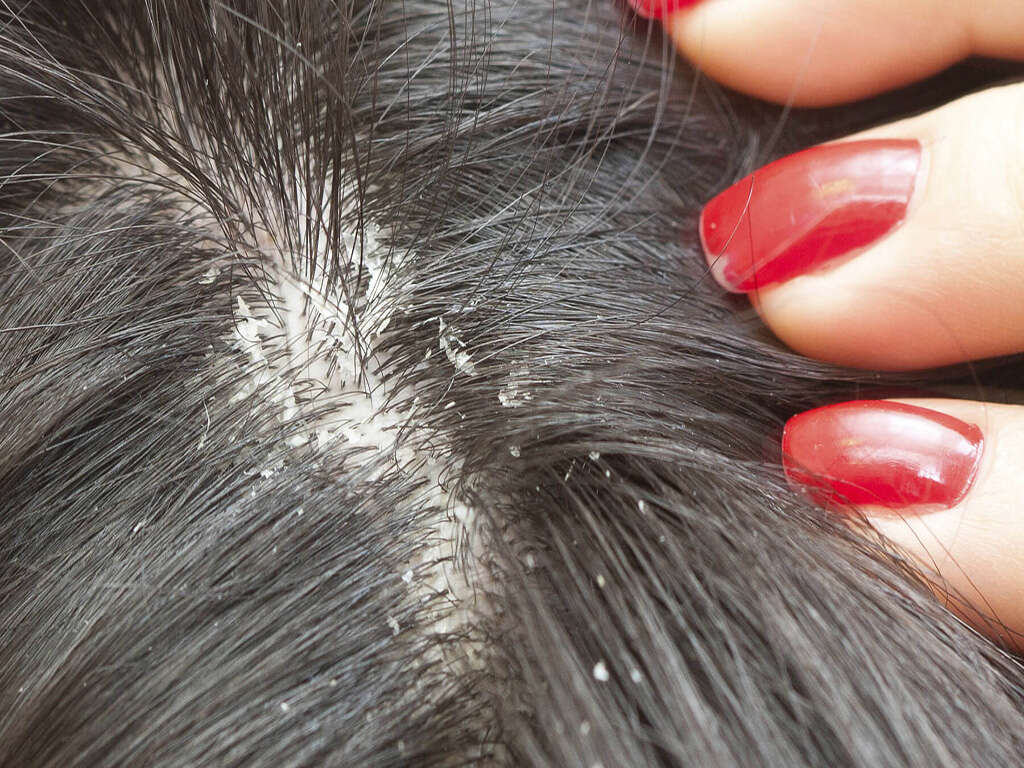
Cause #1: Malassezia
Fungi are all around us, even if you cannot see them. Some are good, some are bad, and many are completely inert to us. Some will often find themselves on the menu while others can even be found in our stomachs helping us to process food. Some can also be found living on our skin, such as Malassezia fungi.
Malassezia fungi can most often be found around the sebaceous glands on the scalp, face and upper torso. The fungi are found commonly on the skin of humans and other animals, but only becomes a problem when it begins to grow too quickly.

Cause #2: Dry and Cold Weather
Most of us have a favorite time of year, with the weather being a major factor in what we prefer. A lot of people prefer the heat and sunshine of the summertime while others struggle in the heat and prefer cooler weather. For people with seborrheic dermatitis, cooler weather can often be problematic, meaning they look forward to the hotter months of the year.
Weather that is both cold and dry can cause outbreaks of seborrheic dermatitis. Such weather conditions are often not the only factor that causes outbreaks in patients and can sometimes worsen skin problems.

Cause #3: Alcohol Abuse
For many people around the world, a drink over the weekend with friends is a regular occurrence. Some people may even drink more, but alcohol should always be consumed in moderation because there are risks associated with it. Abusing alcohol can lead to some serious health problems and can also lead to conditions such as seborrheic dermatitis.
Seborrheic dermatitis is a fairly common condition among people that drink excessive alcohol regularly. While the exact cause is not known, it could be due to the excessive alcohol affecting the proper functioning of the liver and kidneys. If you do know somebody that is suffering from alcohol abuse, you should encourage them to speak with a professional.

Cause #4: Depression
Depression is a condition that we still have a great deal to learn about, although it is being studied in detail. Although anybody is likely to feel down from time to time, especially when things are not going their way, depression is often brought on for reasons that are difficult to identify. It is associated with other symptoms, including seborrheic dermatitis.
Seborrheic dermatitis is quite common among patients suffering from a range of mental conditions that are associated with depression. Regardless of which symptoms the patient is experiencing, depression is a very serious illness and should be treated as such.

Cause #5: Eating Disorders
A healthy, balanced diet will go a long way toward our overall health and happiness. If you don’t get the nutrition that you need, though, then you may begin to find that you start developing unwelcome symptoms. People with eating disorders will find it difficult to consume the right nutrition and this can lead to conditions such as seborrheic dermatitis.
Eating disorders can lead to conditions far more severe than seborrheic dermatitis so they are a condition that should be taken seriously. If you do have an eating disorder, or if you know of somebody that does, then you should arrange to speak with a medical expert.

Seborrheic Dermatitis Remedy #1: Wash Regularly
Having seborrheic dermatitis does not necessarily mean that you are an unhygienic person, but washing more regularly could still help with the condition. People with the condition will often wash more regularly than those without in order to try and keep it under control.
Certain washing products are also likely to help. Anti-dandruff shampoos, in particular, can help to keep the condition under control and effective ingredients include ketoconazole, pyrithione zinc, salicylic acid, selenium sulfide and tar. You may need to try a few products to find which one is most effective for you.
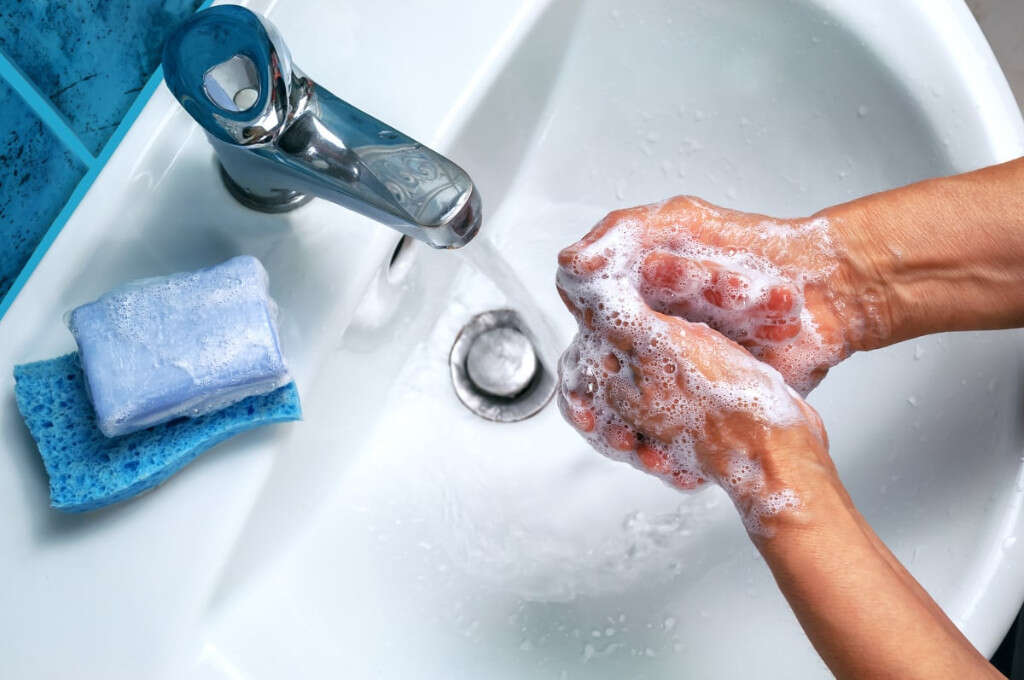
Seborrheic Dermatitis Remedy #2: Topical Antifungal Treatments
If your seborrheic dermatitis is caused by fungi, it makes sense that antifungal treatments will help. Such treatments are readily available on the market and in various forms including creams and lotions. Effective ingredients in antifungal creams and lotions include ketoconazole and ciclopirox.
You can try different products to see which is the most effective and you can often try more than one product simultaneously. You can also find some shampoos that contain antifungal properties. Most antifungal creams and lotions are available without a prescription and are readily available, although a doctor may be able to prescribe something stronger if required.
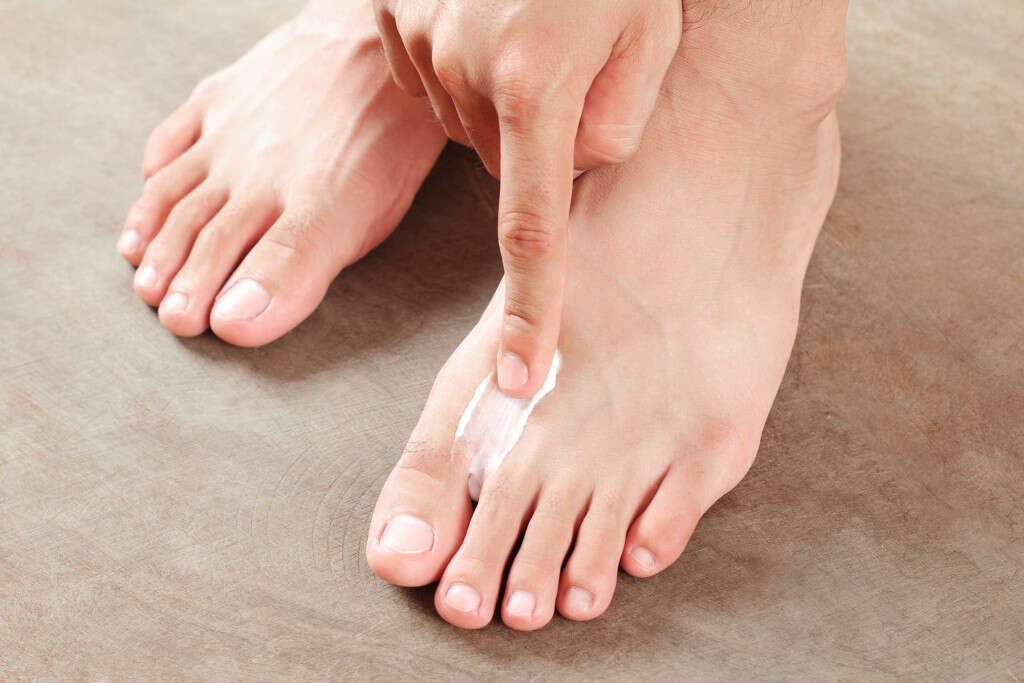
Seborrheic Dermatitis Remedy #3: Aloe Vera
Aloe vera will often get a mention when talking about remedies, and for very good reasons. The plant’s gel-like sap boasts a range of medicinal properties and is able to help treat a range of conditions. It is also said to be effective at treating the symptoms of seborrheic dermatitis.
Aloe vera contains anti-inflammatory properties that can help soothe and treat seborrheic dermatitis. It can be applied directly to the scalp and can also help to reduce itchiness caused by the condition. It is also thought that aloe vera can help other products to become more effective, such as hydrocortisone.
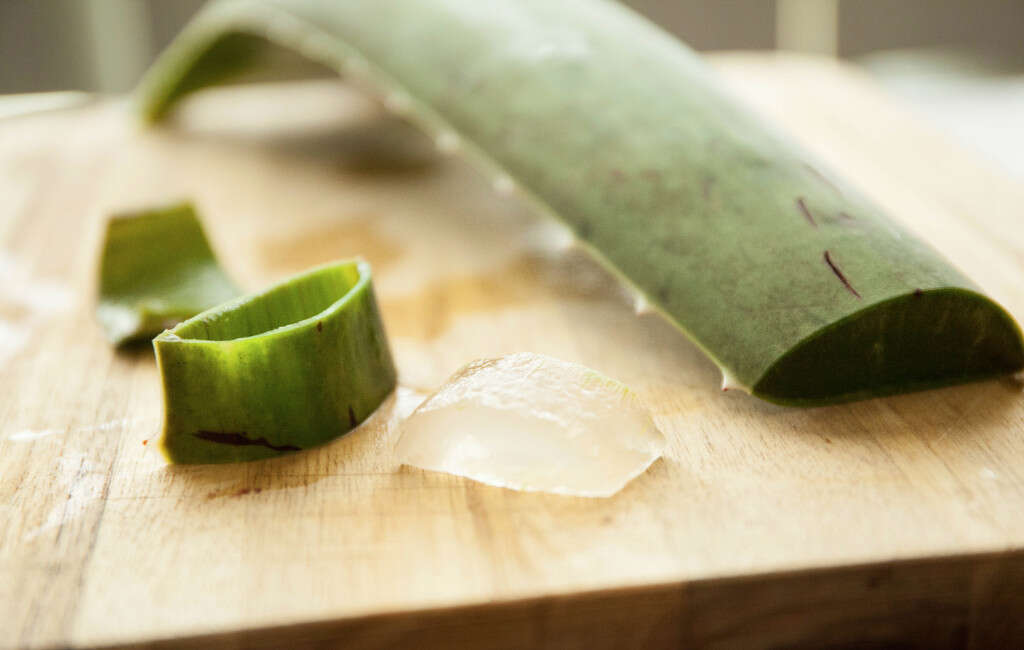
Seborrheic Dermatitis Remedy #4: Probiotics
Our digestive systems are a breeding ground for numerous species of bacteria and fungi. These are generally probiotics, which means that they are helpful to us and they tend to help us digest our food. Sometimes, though, the population of these can fall out of balance, potentially leading to a range of complications.
Probiotics are often found in foods such as yogurt and they can help restore natural balances in the digestive system, potentially helping conditions like seborrheic dermatitis. Regardless, they do promote a healthy digestive system which can be beneficial to our overall health in a huge number of ways.

Seborrheic Dermatitis Remedy #5: Diet
What you eat has a significant effect on your overall health. A good diet will not only give you the energy you need but also help make sure everything about your body is running as smoothly as possible. Don’t get the complete range of nutrition that you need and you could very well find that you begin to develop ailments as a result.
Seborrheic dermatitis may not be caused directly as a result of a poor diet, but that does not mean to say that improving your diet will not help. Make sure that you eat plenty of fresh fruit and vegetables and you could find that your symptoms begin to disappear or at least improve. Also, keep a diary of what you eat to try and identify any foods that might make the condition worse.




